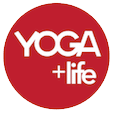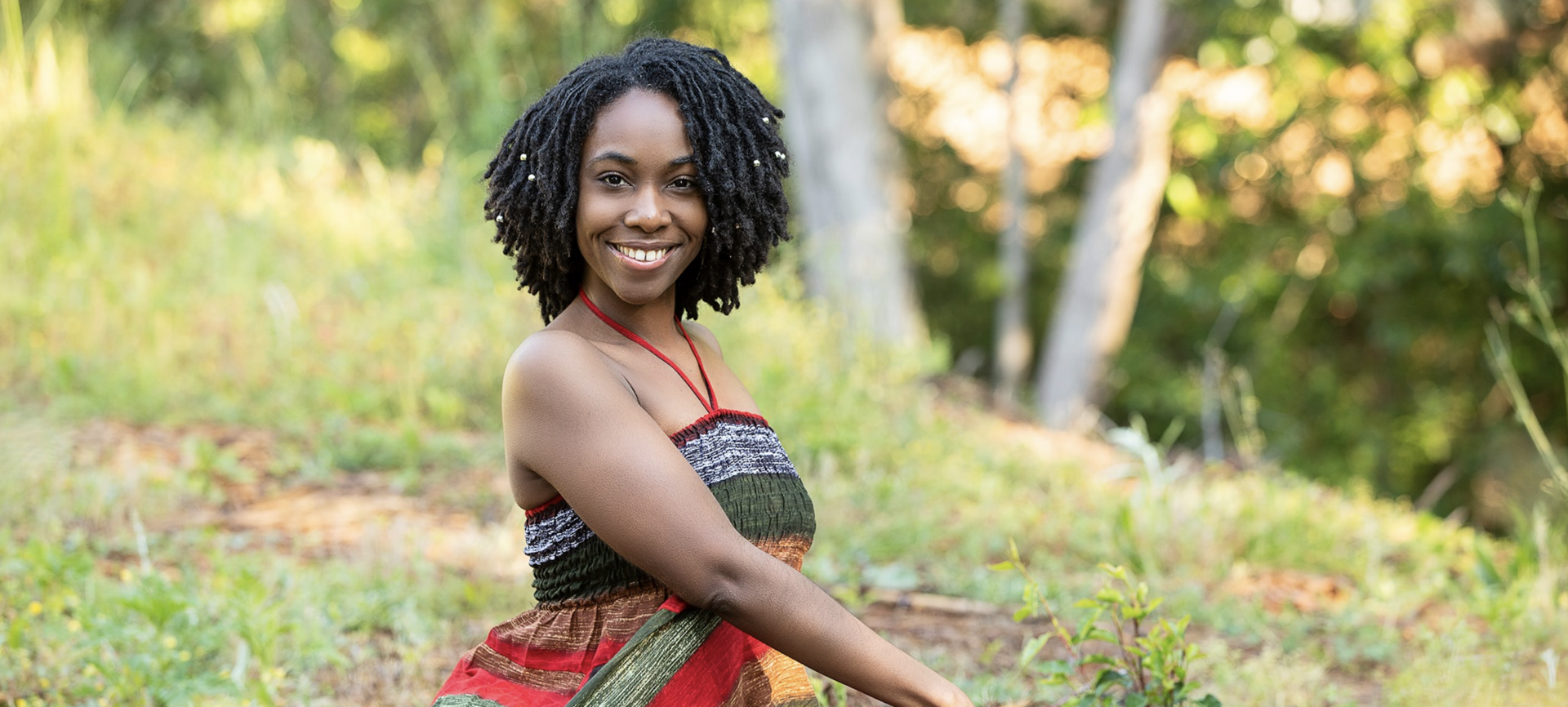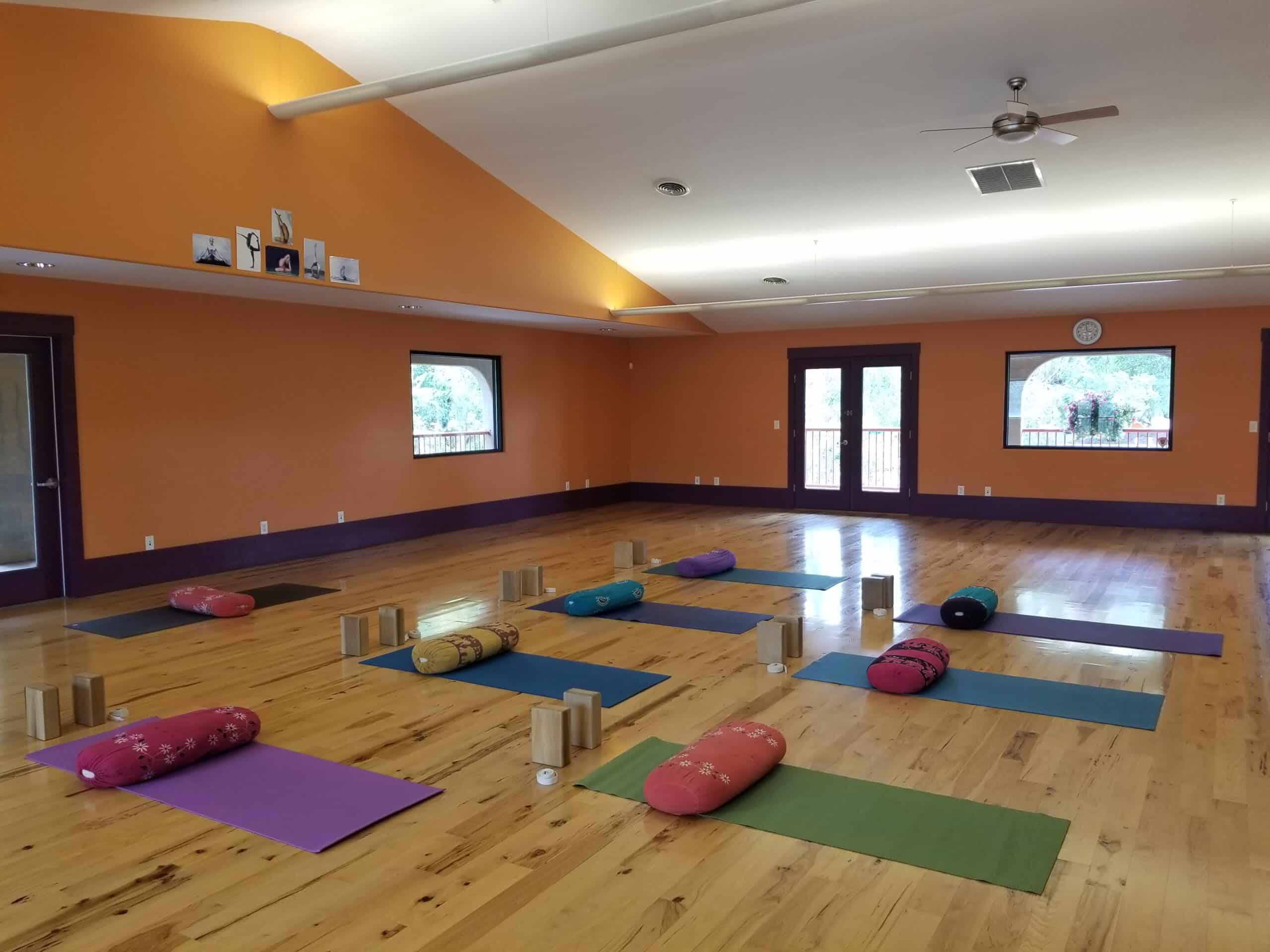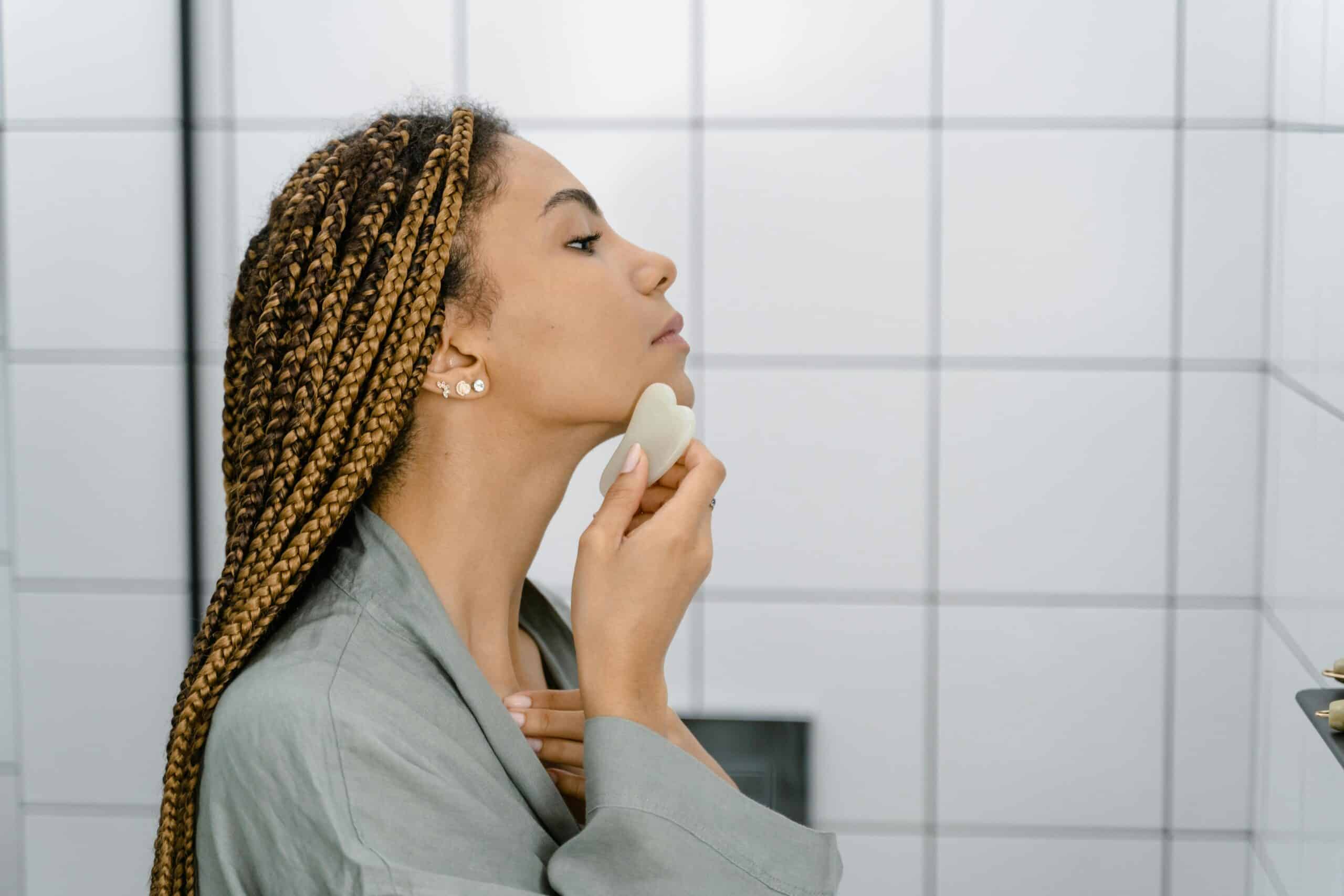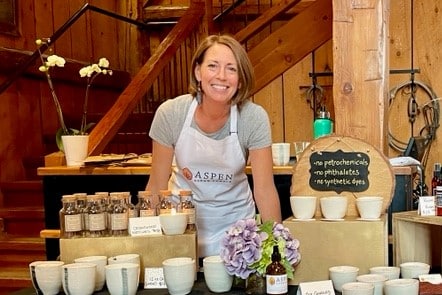Yoga + Race Relations : Meet Khadeshia Beam of Akoma (Heart) Bloom Wellness | By Lexi Reich
In Sanskrit, one of the oldest known languages in the world, yoga (yuj) means “to yoke,” also interpreted as union, or to join two things together — the light and the dark, the yin and the yang. With the recent events of the Black Lives Matter movement and police brutality in the United States, I found myself turning to the sacred practice to process it all. I wondered if those in marginalized communities were able to do the same in this time of pain meeting resilience. And then I decided wondering just wasn’t enough anymore.
As a white, recent college graduate in Boulder, Colorado — a predominately white community — I’ve discovered how largely ambivalent I am to the Black lived experience, especially in the yoga sphere.
Yoga is a practice of mindfulness and unity, and it’s allowed me to really evaluate my role in the entirety of this movement for equality and justice. Through my research and intentional listening, it’s clear people of color are largely underrepresented in the yoga world, especially when looking at health and wellness publications.
CO YOGA + Life® Magazine was in the midst of shooting the Summer + Fall 2020 cover photo with Tyrone Beverly, founder of im’unqiue, a nonprofit that fosters healthy lifestyles to underserved communities. I saw Beverly was hosting an online workshop through the Yoga Alliance called “Community Conversation: Yoga and Race Relations.” On a June afternoon, I tuned into the conversation to learn more about Beverly’s activism.
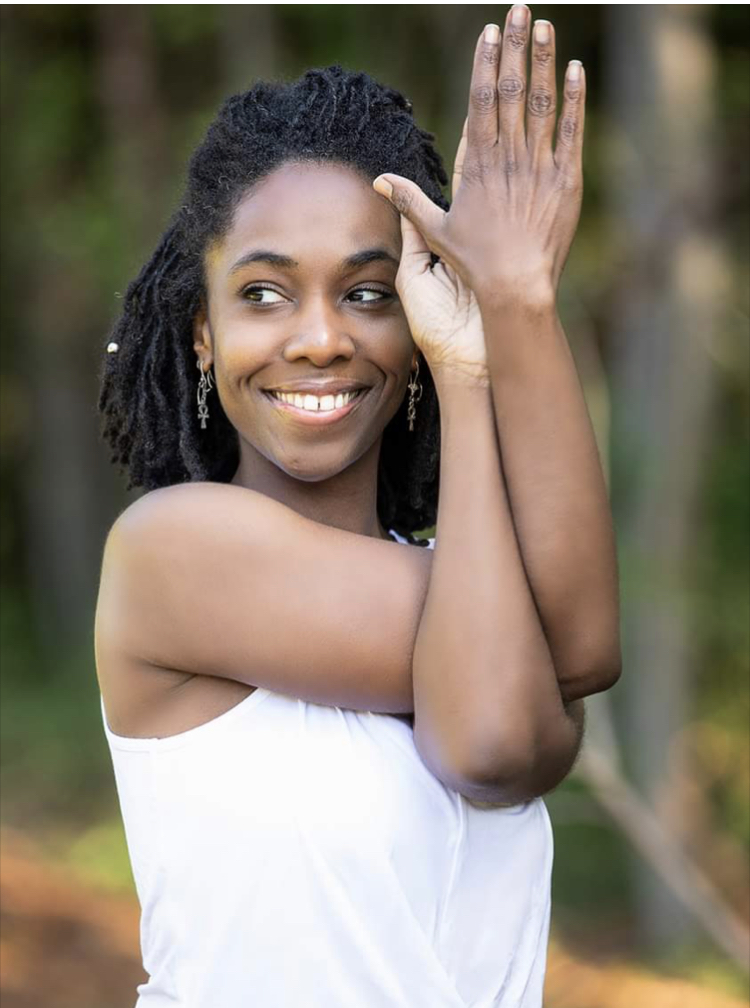
Photo by Kareem Yearwood
Khadeshia Beam, founder of Akoma (Heart) Bloom Wellness, was also watching the Zoom meeting from Atlanta, Georgia. As a Yoga Alliance member, she received an email promoting the event and was shocked to see a Black man practicing yoga being featured. As a Black yoga teacher, she knows firsthand the struggles of racial prejudice residing in spaces meant for healing.
After the inspiring panel, which covered diverse inclusivity in yoga, both Beam and I reached out to Beverly to connect and take action. He connected the two of us together.
I had the honor of speaking to Beam to hear her journey opening her own yoga business and the trials and tribulations she’s faced along the way.
Black Spaces
Beam was honest in her conviction: we need more Black yoga teachers in the health and wellness world to have a voice, especially in publications; we need more spaces for Black yoga practitioners to heal and connect with one another.
When Beam told me she’s had students walk out of her yoga classes once they saw the color of her skin, my heart sunk — how could yoga, a practice of love and unity, impose such exclusion and close-mindedness?
“Being a Black woman who practices and teaches yoga, it is upsetting to step into what is declared as a safe space and experience stereotypical glares from white people because of the color of your skin,” she says. “I want to be clear in saying that this is not always my reality inside of teaching, yet it should never be a reality even if it occurs once or twice.”
While Beam has found a lot of support in her students, corporate clients and fellow yoga teachers and studio owners in Atlanta, she says she understands how some Black people may need to practice in an all-Black space to begin the work of healing and unpacking layers of trauma.
“After watching George Floyd get murdered, after hearing Breonna Taylor’s boyfriend’s 911 call, after seeing Sandra Bland’s story, after grieving with my oldest son about Trayvon Martin and then begging him not to wear hoodies, and being in teacher training when racism-driven murders were going on that were not being addressed during our teacher training, but other news was … It is imperative that Black yoga teachers such as myself blaze our own trail and get our community,” she shares. “An example of this in my life was reaching out to Tyrone Beverly after the Yoga and Race Relations seminar; I experienced the effortlessness that one would experience when reaching out to a close family member who offered unyielding support — this is the relationship that Black people need to have with one another consistently.”
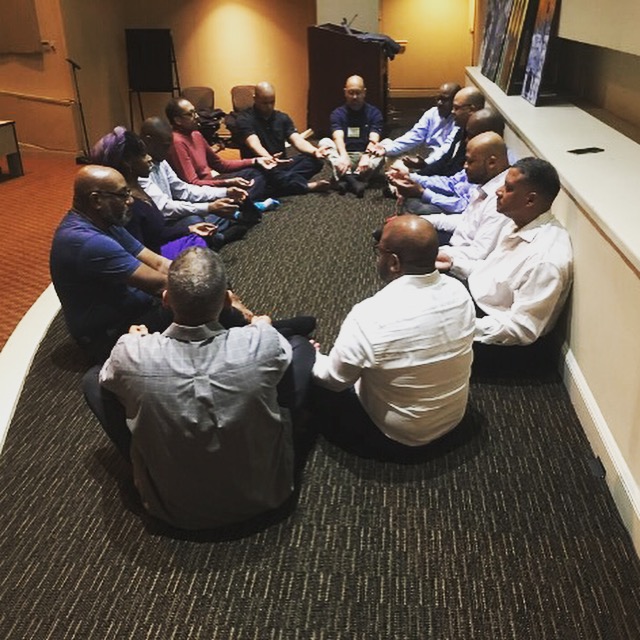
Photo courtesy of Bryant and Associates
Beam collaborated with Beverly to create “Embrace Me,” an online event that took place on Sunday, July 5. Its intentions were to cultivate community, restore the heaviness of trauma and empower people to start going within.
“I didn’t always subscribe to Black-only spaces, I used to want unity bringing everyone together. But transformation is not a comfortable experience. When you watch a video with racism, now some people are embodying that trauma, and in order to get past it we need a family-friendly space. While working through trauma, it’s hard to see your vision of the abuser inside of your healing,” she explains.
Beam’s event created a platform for people to express themselves and talk about how they’re feeling, grieving and working through discomfort. COVID-19 has largely affected Black people, and in combination with the protests, Beam says her community is being called to take care of themselves and infuse holistic wellness into their lives.
“I was afraid to do it at first because I didn’t know if it was the right time; with so many layers to my business, I didn’t want this event to make my other students feel like I wasn’t there for them. I wanted to be mindful in how I promoted this,” she says. “But this project is priority, it’s screaming.”
Elevate your tea experience with this must-have accessory. This tea infuser boasts a unique twisting feature, ensuring [...]
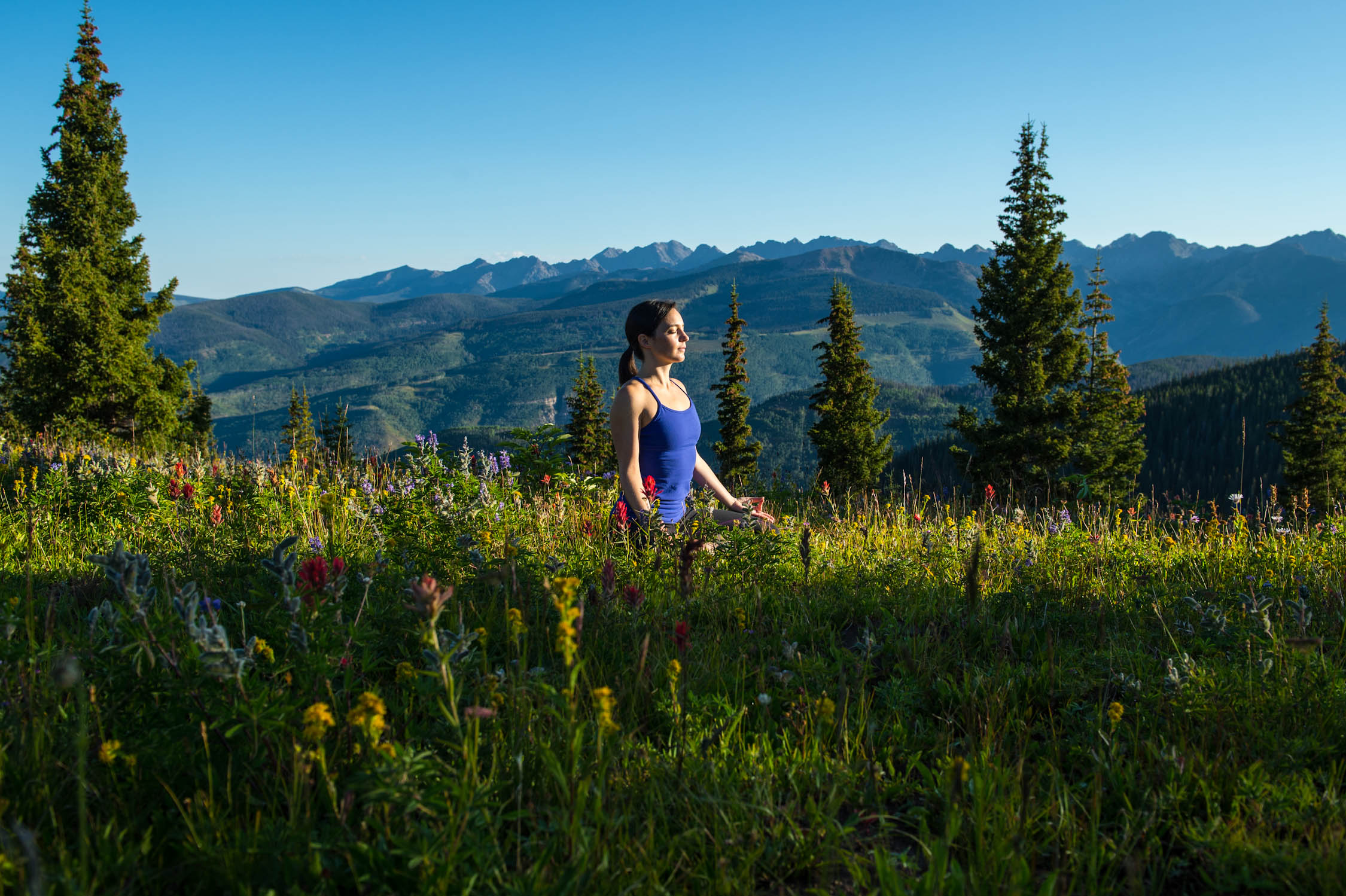
Subscribe to Our Tribe
Stay up to date with Y+L News, Events and special announcements.
